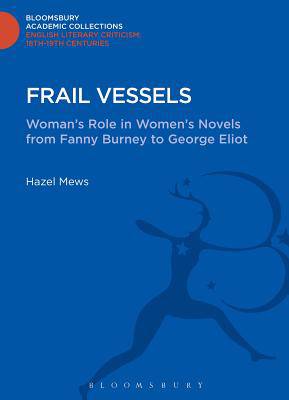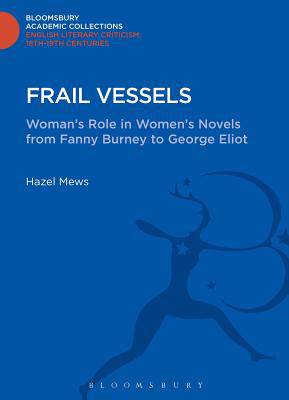
- Retrait gratuit dans votre magasin Club
- 7.000.000 titres dans notre catalogue
- Payer en toute sécurité
- Toujours un magasin près de chez vous
- Retrait gratuit dans votre magasin Club
- 7.000.0000 titres dans notre catalogue
- Payer en toute sécurité
- Toujours un magasin près de chez vous
Description
The years between the publication of Mary Wollstonecraft's Vindication of the Rights of Woman (1792) and of John Stuart Mill's essay On the Subjection of Women (1869) - a crucial phase in the emancipation movement - also saw the emergence of England's greatest women writers, whose response to the flux of new ideas as revealed in many outstanding works of fiction Dr Mews here examines. The central chapters of the book take the form of a perceptive and humane analysis of the way in which the greater women novelists conceived the role of women, on the one hand as young girls, wives and mothers, on the other as individuals standing alone in spinsterhood, as teachers or artists. The writers examined in detail are Fanny Burney, Maria Edgeworth, Jane Austen, the Brontë sisters, Elizabeth Gaskell, and George Eliot.
Such a comprehensive study has not been attempted before. It throws light not only on the novel and the novelist in society but also on the transmutation of deeply felt experience into creative work.Spécifications
Parties prenantes
- Auteur(s) :
- Editeur:
Contenu
- Nombre de pages :
- 221
- Langue:
- Anglais
- Collection :
Caractéristiques
- EAN:
- 9781472506528
- Date de parution :
- 08-05-14
- Format:
- Livre relié
- Format numérique:
- Genaaid
- Dimensions :
- 156 mm x 234 mm
- Poids :
- 494 g

Les avis
Nous publions uniquement les avis qui respectent les conditions requises. Consultez nos conditions pour les avis.






